五一劳动节英语手抄报
Origin of Labor Day(劳动节的起源)
- International Background(国际背景) Labor Day, also known as International Workers' Day, has its origins in the labor movement. It originated from the struggle of workers in the late 19th century for better working conditions, shorter working hours, and fair wages. In 1886, a major strike was held in Chicago, USA, demanding an eight hour workday. Although the strike turned violent, it drew global attention to the rights of workers.
- China's Situation(中国的情况) In China, after the May Fourth Movement in 1919, the concept of Labor Day gradually spread. In 1920, the Chinese communist groups began to organize commemoration activities for Labor Day. Later, it became a formal holiday in China in 1949 after the founding of the People's Republic of China, aiming to honor the working people and their contributions.
The Significance of Labor Day(劳动节的意义)
- For Workers(对工人的意义) It is a time to celebrate the achievements of workers. Their hard work throughout the year is recognized on this day. It also provides an opportunity for workers to take a break, relax, and enjoy the fruits of their labor. Moreover, it encourages workers to continue striving for better working environments and待遇.
- For Society(对社会的意义) Labor Day promotes social harmony. It highlights the importance of the working class in society and reminds people that the prosperity of a country depends on the labor of its people. It also fosters a sense of respect for all kinds of labor, whether it is physical or mental labor.
Traditional Activities on Labor Day(劳动节传统活动)
- Parades(游行活动) In many countries, there are grand parades on Labor Day. Workers from different industries march in the streets, carrying banners and slogans to show their strength and demands. For example, in some European countries, workers in uniforms or work related costumes form neat teams, with colorful floats displaying the achievements of various trades.
- Awards and Recognition(表彰和奖励) Governments and organizations often hold award ceremonies to recognize outstanding workers. These awards may include titles like "Model Worker" or financial rewards. This not only motivates the awarded individuals but also sets an example for other workers to follow.
English Vocabulary Related to Labor Day(与劳动节相关的英语词汇)
| Word | Meaning | Example Sentence |
|---|---|---|
| Labor Union | 工会 | The labor union negotiated with the employer for better benefits. |
| Strike | 罢工 | The workers went on strike for higher wages. |
| Wage | 工资 | The average wage in this city has increased by 10%. |
| Working Hours | 工作时间 | We should advocate for reasonable working hours. |
| Productivity | 生产率 | New technology has improved productivity in the factory. |
Questions and Answers(问题与解答)
Question 1: What is the main purpose of Labor Unions?(工会的主要目的是什么?)
Answer: The main purpose of labor unions is to protect the rights and interests of workers. They negotiate with employers on issues such as wages, working hours, benefits, and working conditions. They also provide a platform for workers to voice their concerns and demands collectively. For example, a labor union can bargain for a higher minimum wage for its members or for better health insurance coverage.
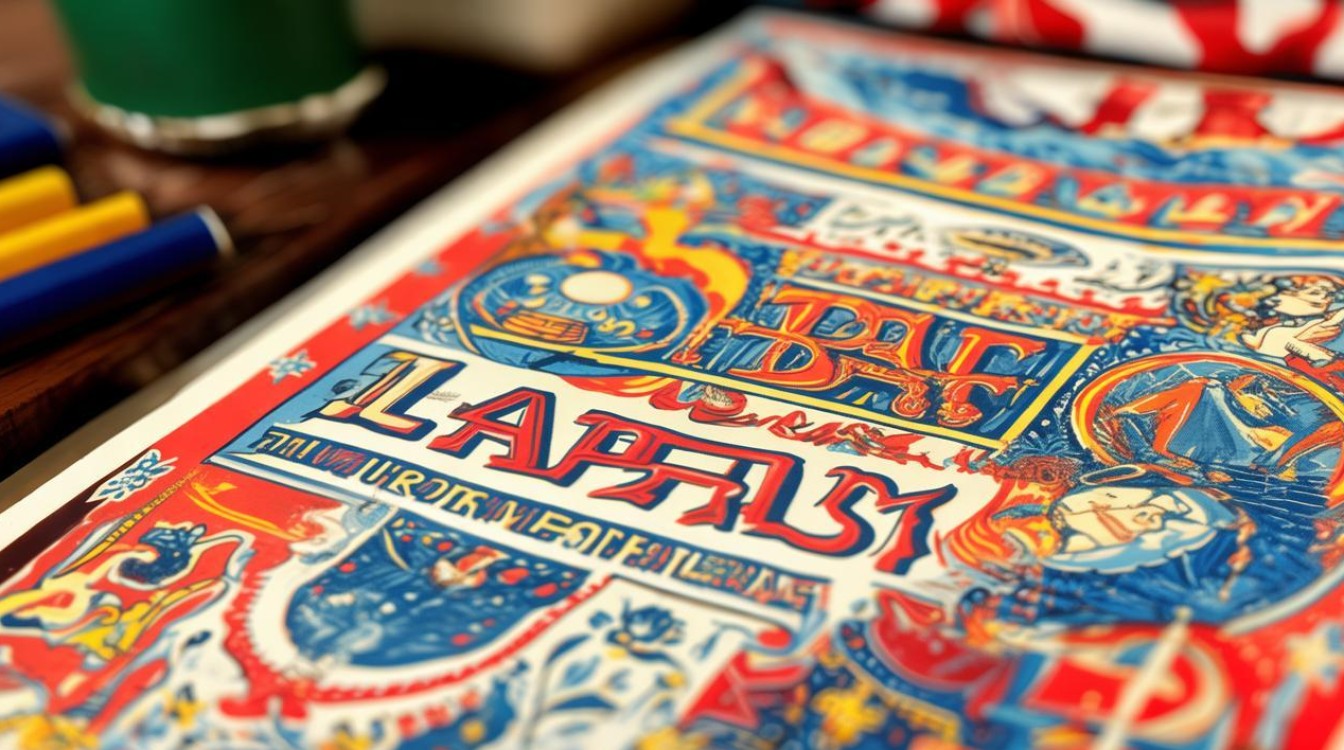
Question 2: How does Labor Day promote social development?(劳动节如何促进社会发展?)
Answer: Labor Day promotes social development in multiple ways. Firstly, it encourages a positive attitude towards labor. By celebrating workers, it makes people realize the value of hard work and dedication. Secondly, it helps to improve the relationship between employers and employees. Through negotiations and recognition on this day, conflicts can be reduced and cooperation can be enhanced. Lastly, it inspires innovation in the workplace. When workers feel valued, they are more likely to come up with new ideas to increase productivity and quality, which in turn benefits the whole society
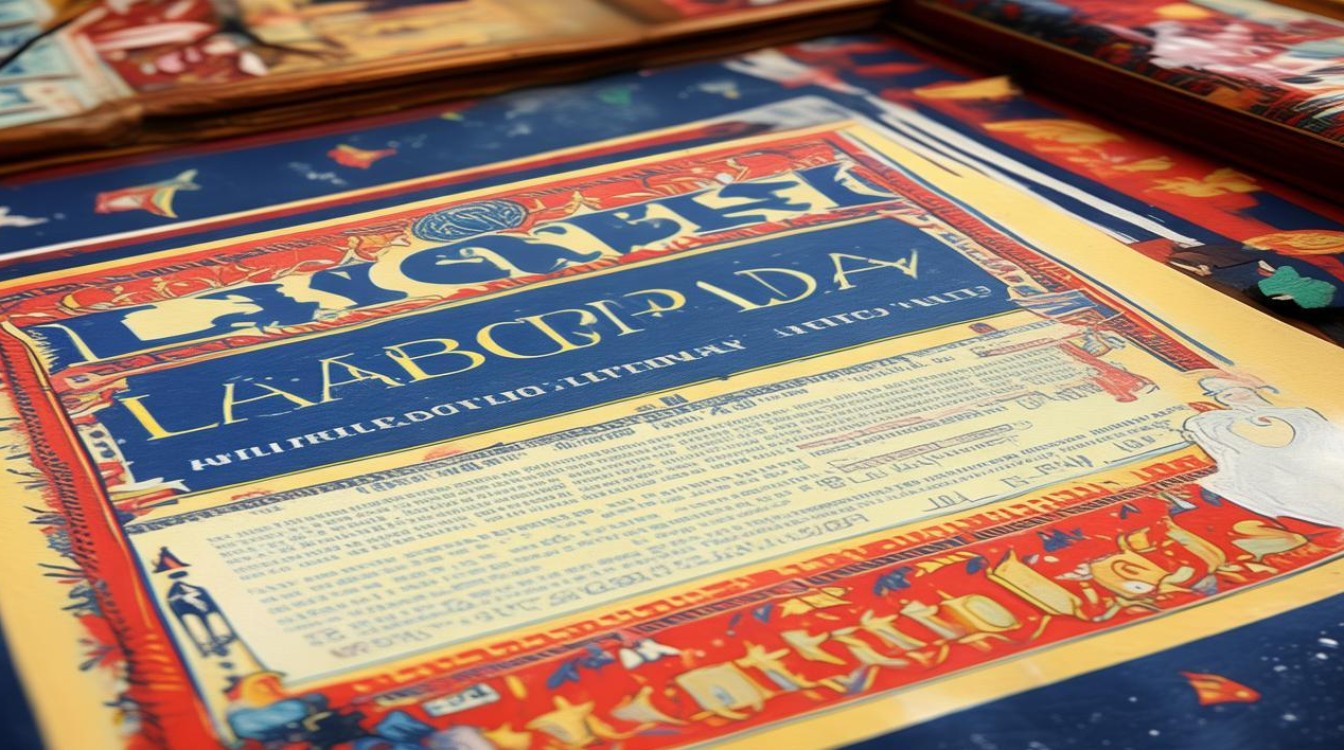
版权声明:本文由 数字独教育 发布,如需转载请注明出处。









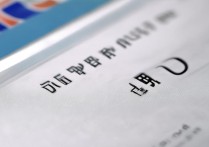
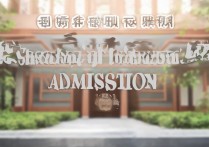


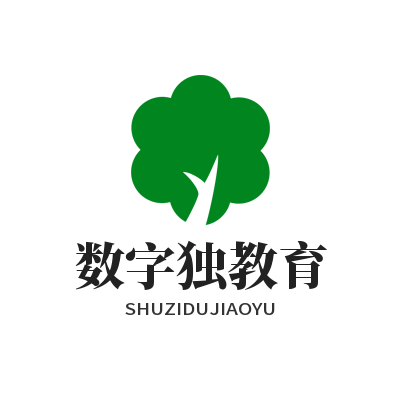
 冀ICP备2021017634号-12
冀ICP备2021017634号-12
 冀公网安备13062802000114号
冀公网安备13062802000114号